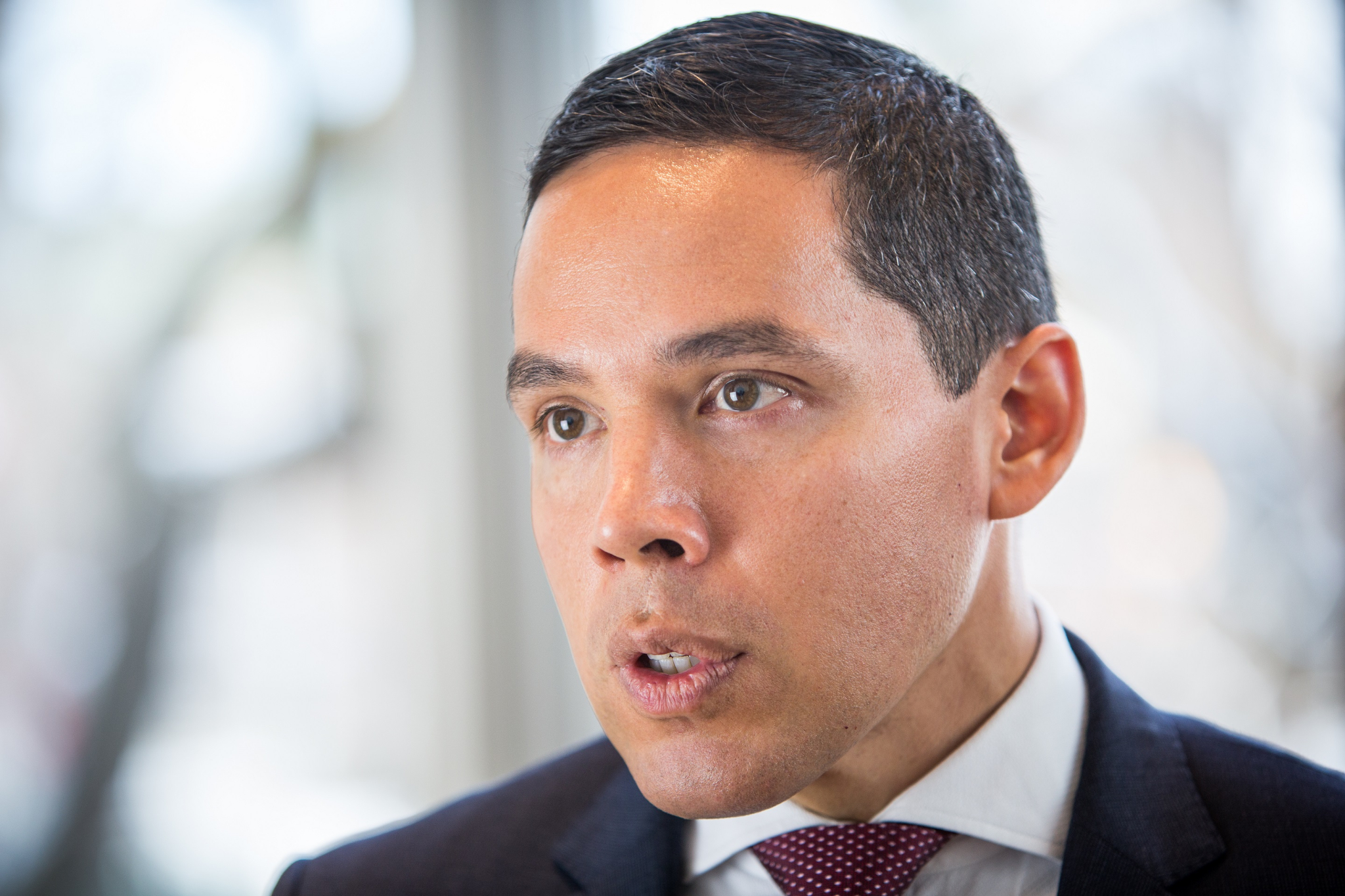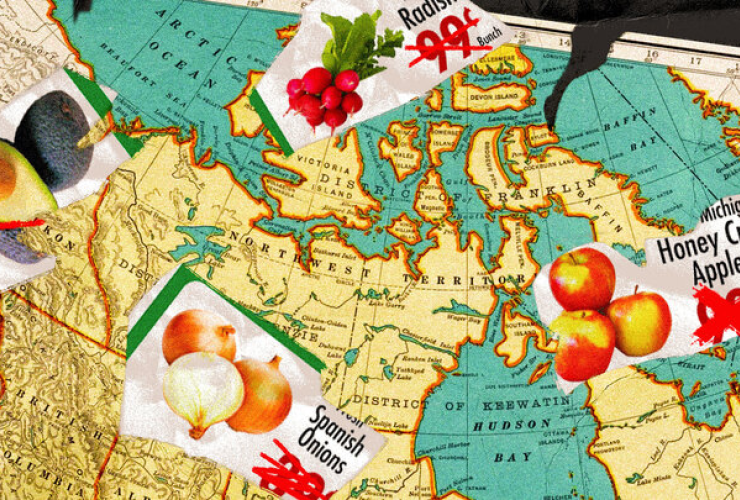Inuit leaders are calling for a complete overhaul of Canada's main program to reduce hunger in Northern Canada after revelations grocers in the region are pocketing up to half of a federal subsidy meant to reduce food prices.
The $131-million annual Nutrition North subsidy is paid directly to eligible grocers serving about 120 communities from Labrador to Yukon. The funds only apply to certain foods and necessities, like milk and diapers, and are meant to help cover the region's high transportation costs.
Grocers receiving the funds "must pass the full subsidy to consumers," according to the program's website.
But a recent study found that on average, northern grocers were pocketing about a third of the Nutrition North subsidy. Some retailers in smaller communities captured even more, pocketing about 70 per cent of the funds.
"I'm not at all surprised," said Nunavut MP Lori Idlout. "The Nutrition North program should not be subsidizing a for-profit corporation. It is completely inappropriate, there's no justification. It needs to be revamped."
Grocery prices are routinely two to three times higher in Northern Canada than the rest of the country, fuelling widespread food insecurity in the region. In Nunavut alone, nearly half of households can't afford enough to eat.
The federal government's continued support for the Nutrition North program is a "huge missed opportunity," said Natan Obed, president of Inuit Tapiriit Kanatami (ITK), an organization representing Inuit in Canada.
The program applies equally to all northern customers, meaning that the subsidy is applied equally to someone earning $200,000 a year and someone earning $15,000 a year, he pointed out. That approach ignores the vast income disparities that exist in northern communities, which typically hit Inuit hardest.
Moreover, because the program leaves food pricing entirely to retailers, it is nearly impossible for consumers to determine how much of the subsidy is being passed on to them. The study determined grocers were pocketing some of the subsidy by using complex economic tools to analyze food price changes compared to two changes in subsidy levels in 2016 and 2019.
Nutrition North encourages grocers to create their own distribution systems, undermining regional airlines that typically rely on freight and passenger fees to continue operating flights to rural communities, he pointed out. Additionally, the program doesn't assess the quality of foods grocers purchase wholesale in southern Canada to sell in the North. This means grocers could, in theory, purchase cheaper, lower-quality food and ship it North using the subsidy, leaving northern consumers paying high prices for low-quality items, he said.
The grocers' power to set food prices and the government's lackadaisical efforts to hold retailers to account are driving hunger in the region while undermining the region's vital transport networks. They are "really regrettable outcomes of a program that is in desperate need to become a social program with accountability," he said.
"Food insecurity remains such a huge issue in Indigenous communities and if this government wants to act on reconciliation, it needs to be doing better to support Indigenous Peoples to support themselves rather than supporting a colonial system that is subsidizing for-profit corporations," added Idlout.
Expropriate the bastards and
Expropriate the bastards and then turn it into a co-op owned by First Nations people--producer co-op, consumer co-op, a hybrid of both, I'm not that picky. It'll save money in the long run, let alone how much better it would be for the First Nations people themselves.






Comments